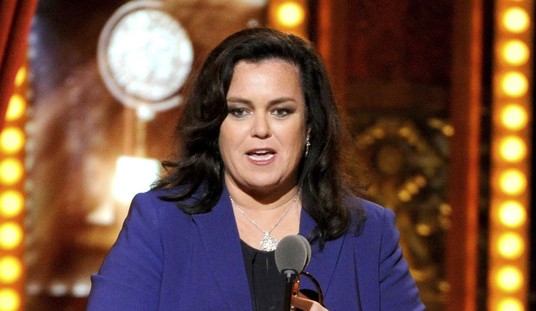The usual response to the Annunciation — the subject of this week’s Gospel, in which the angel Gabriel tells the virgin Mary that she will bear a son,and Mary welcomes the message — is to sing encomiums to Mary’s trust and deep faith in the Lord.
That’s all well and good. It’s probably appropriate. But, for discussion purposes, let’s take the cynic’s view. After all, people reluctant to come to the faith are likely to look askance at facile explanations and ask questions that stem from apparent logic, rather than just accepting the rapt assurances of the person doing the evangelizing.
In that light, consider the cynic’s obvious retort: “Yeah, and how hard was that for Mary? What did she actually do that was so faithful? She was told something was going to happen; she wasn’t offered a choice; and it happened. And there was an angel telling her. The angel wasn’t described, but surely it was not some mere being in simple human form: She knew that Gabriel had the aspect of the supernatural. So if some dude with wings comes to visit, or some dude glowing with a heavenly light, wouldn’t you be inclined to believe something that sounds a bit fantastical — considering that you already are face to face with something fantastical?”
Ordinary mortals are not so lucky. Even if we already are believers, we go day to day in search for messages from the Lord. We want to know what He wants us to do; we seek to know His will and His path for us. Yet nothing usually is laid out clearly for us. We may be given hints, but they aren’t clear, aren’t explicit, aren’t unambiguous. And, unlike Mary — who chose to believe the message, but who otherwise is not described as having much choice in whether or not she would actually get pregnant with the Son of God — we are left with the burden of interpreting the ambiguous messages we think we are receiving and then making choices, real choices, based on those uncertain interpretations of supposed messages that may not actually be messages at all.
As Churchill said of the Soviet Union, we are asked to choose paths based on signals that amount to “a riddle wrapped in a mystery inside an enigma.” Or, as Saint Paul said, we see “through a glass darkly.”
Most of us wish we would be so lucky as to have an angel tell us what will happen and what we must do. Alas, we do not have such fortune.
The cynic might even demand such an occurrence. As in: “Well, I won’t believe unless an angel comes to me. It happens somewhat frequently in the Bible, so that’s what I’m waiting for.”
To which, our answer is… well, what exactly? For someone not already having faith, the logic of the cynic’s questions and of his obstinacy is rather compelling.
Furthermore, even if somehow the cynic becomes open to faith, the cynic still asks of God much the same thing Whitney Houston asked about her crush in one of her hit songs:
How will I know if he really loves me
I say a prayer with every heart beat
[….]
I’m asking you what you know about these things
How will I know if he’s thinking of me
Even if there is a God, says the cynic, why should the cynic believe that God loves him? (And, in pure transactional terms, what good will that do?)
Mary, bless her heart, knew. (And, taking off our cynic’s hat, let me make clear that of course I revere her.) But we don’t really know — we can only choose to believe, with fraught consequences to how we act in response to that belief.
I don’t pretend to be certain of the best answer to the cynic. Perhaps, though, the answer is to change the frame of reference. The frame of reference probably shouldn’t be personal at all. It shouldn’t be “why can’t God be as clear to me as He was to Mary.” It should instead be: “God sent an extraordinary message, via an extraordinary messenger, to Mary, so that she could be the conduit of the good news for all of us.”
A virgin birth is a singular event. God sending His son into the world, fully human but fully divine, is a singular event. A god allowing his Son-self to suffer as humans suffer is extraordinary. For God not just to rule us but to share so fully with us — well, when you think of it, that is mind-boggling.
Therefore, it only makes sense for God to make explicit, via an angel, a message so unusual and otherwise hard to believe. No message He ever sends us could possibly be as important. Our individual faith does not carry within it the salvation of all of creation. But the message told to Mary, and through her to us, is that God indeed sends a savior. If we interpret that message right, and choose to believe it as Mary did, it means that all of our other, smaller choices — ones made without full clarity or understanding, perhaps — are choices made in the knowledge of a larger truth that will eventually redeem us.
Those choices can, therefore, be less frightening. Indeed, all of our choices can be less frightening, and more confidently faithful, because of the assurance offered at that one time to Mary, in the Annunciation episode that offers hope to us all.
Quin Hillyer is a veteran conservative columnist. His faith-themed satirical novel, Mad Jones: Heretic, is due for publication in June by Liberty Island Media.









Join the conversation as a VIP Member